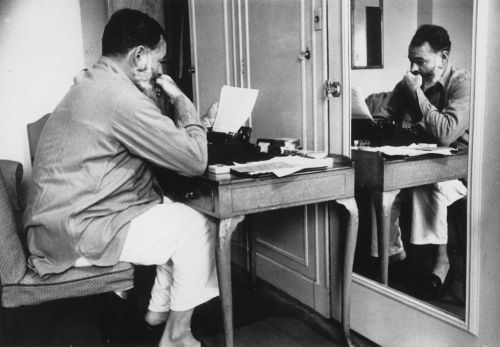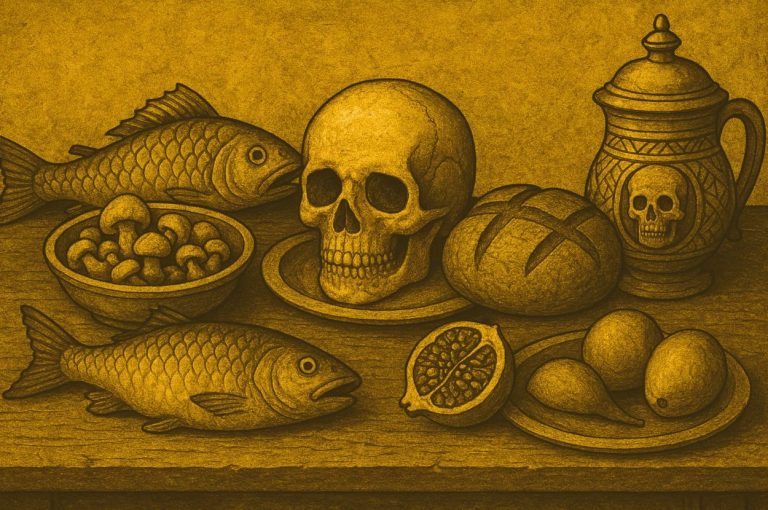

Besides your ability to grasp thought concepts in class, what other art or knowledge do you need to attain high grades? Without a doubt, if you can perfectly put ideas on a piece of paper, your likelihood of at least meeting or exceeding the pass mark in a course is high. So, why do you think a mastery of the art of writing is important?
Regardless of your degree program, you’ll have to complete several assignments and homework before you graduate. In addition to continuous assessment tests (CATs) and end-of-year exams, all your write-ups in every discipline account for a certain percentage of your final scores. What’s more, students pursuing STEM courses must complete a minimum of specific credit scores in workshops or clinical rotations. Colleges depend on the information in their logbooks and reports for grading, underscoring the significance of writing even on demonstrating a mastery of hands-on skills.
As such, you must be a good writer to achieve academic excellence in your undergraduate and postgraduate studies. However, to reach such a milestone, you must be conversant with how previous authors structured their ideas on paper. In other words, you can use essay help, books, or reports written in past decades to seek inspiration. These articles provide a snapshot of authors’ contents that can elevate your ability to structure sentences, organize information, and take advantage of conventional and contemporary themes to higher levels.
Top 10 essays to improve attention in writing
1. “The Case for Reparations” by Ta-Nehisi Coates (2014)
Students pursuing a degree in humanities and social sciences (HSS), especially those who want to major in history, will find Coates’ essay helpful. For instance, if you want to capitalize on scientific arguments to advocate for a meaningful change in the current world, you can look at how Coates presents compelling arguments for reparations to victims of racial inequality in the USA. When you read this essay, you’ll appreciate the importance of including counterarguments in your paper.
2. “We Should All Be Feminists” by Chimamanda Ngozi Adichie (2014)
At a certain point in your education, you’ll most likely encounter an assignment that requires you to analyze a controversial issue or topic in society on the basis of a video(s). If you want to know how to go about it, you should consider reading Adichie’s essay, which expands the knowledge of dismantling stereotypes and achieving gender equality through the advocacy of women’s rights.
3. “The Empathy Exams” by Leslie Jamison (2014)
Considering that writing is one of the powerful tools of formal and informal communication, you might want to learn how you can put yourself into other persons’ shoes. This strategy is important for social workers who want to pass specific information to agencies or authorities. Students with an interest in this career can start developing these written communication skills by reading Jamison’s essay that highlights strategies for connecting with other people’s experiences, specifically struggles and agony.
4. “The End of Solitude” by William Deresiewicz (2009)
Even if you’ve mastered the art of writing, you must understand how to dissociate yourself from internal and external distractions to become a pro. For instance, you can decide to read Deresiewicz’s essay on the impact of social media and technology on one’s ability to be thoughtful and alone. Afterward, you can apply the same knowledge to your personal growth as a writer.
5. “The Really Big One” by Kathryn Schulz (2015)
While pursuing your degree of choice in college, you often want to look for references and supplementary materials for your study. For example, you can find Schulz’s essay on the possible calamitous effect of an earthquake with the largest amplitude along the Cascadia Subduction Zone in the Pacific to be useful for geography and geology students.
6. “The Age of the Essay” by Paul Graham (2004)
What comes to your mind when you write an essay? Many students might say, “It’s showing you have an in-depth understanding of a concept.” Although they might be right, their answer might not be accurate to a certain extent. If you want to be a pro writer, you should consider putting your ideas on paper as communication. It’s because of this reason that modern scientists include narrative elements in their journals and reports. So, before you start wondering why you can’t achieve excellence in your writing, it would be best to consider reading Graham’s essay on the form and purpose of the essay in relaying information.
7. “The Capitalist Network That Runs the World” by New Scientist (2011)
Although many people emphasize the importance of involving yourself in different hobbies to achieve high concentration, you can opt to develop reading habits in case you want to be perfect in writing. If you find novels and short stories boring, why can’t you try essays like the one written by New Scientist? You’ll find this essay insightful as it talks about how a few influential entities control political, social, and economic power.
8. “The Coddling of the American Mind” by Greg Lukianoff and Jonathan Haidt (2015)
Once you get admission to a college in a foreign country or city, you might experience culture shock in eating, dressing, and social interaction. However, many students tend to limit trade-offs for their emotional safety. However, you might never understand the potential impact of such behavior. As such, it will be best if you consider reading Lukianoff’s and Haidt’s essay on the undesirable impact of “safetyism” on college students’ mental growth and discourse.
9. “The Myth of ‘I’m Bad at Math’” by Miles Kimball and Noah Smith (2013)
Even if you become a pro writer, you might need to pass a few units or courses in mathematics before graduating. Many studies have shown that students pursuing a degree in social science tend to fail math-related exams. Whether you’re good at this subject or not, you might want to understand the significance of a positive mindset in learning mathematics in college, as described by Kimball and Smith in their essay.
10. “The Death of the Artist—and the Birth of the Creative Entrepreneur” by William Deresiewicz (2015)
If you think of any job in the current world, what comes to your mind about its security? Regardless of the industry, you’ll likely agree that technology is replacing or aiding humans in performing repetitive tasks. For example, a person can use an AI tool to draw a model or picture of him/herself. What does this mean to students?
You might be reluctant to complete your degree because of the negative outlook in the job market. As such, it will be best if you consider reading this essay to understand how you can take advantage of the potential of employees being redundant in your field to explore new opportunities. It’s important to understand that the information from Deresiewicz’s work can apply to any industry. Reading this article will not only help you be a pro writer but also expand your knowledge in a variety of topics. As such, you’ll gain inspiration in writing your essays, books, and dissertations, among others. Even though you might feel that the information communicated in this article might be limited to your needs of becoming a better writer, you should remember that it only acts as a stepping stone for you to learn how to structure and communicate your ideas on a piece of paper.


